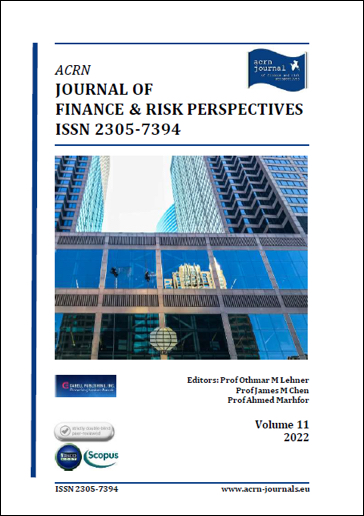
Muljanto Siladjaja 1, Yuli Anwar*, 2, Ismulyana Djan 2
1 IKPIA Perbanas
2 Universitas Binaniaga Indonesia
Abstract
Providing empirical proof of the negative impact of manipulation activity pushed management to adhere to the available regulation by publishing high financial reporting quality. This one has a significant effect negatively on a volatile market price movement because of illustrates the actual earnings. It is not an obstacle for the investor in predicting the future return with high accuracy when there is a minimum chance for the opportunity behavior. This causal research has developed a new variable to measure the investor's perception, and it is the future market value as a proxy for future return. The observation data used the samples on the listed company in the industrial manufacturing sector from 2015 until 2020, which amounted to 384 observations. The management's effort to deduct the manipulation activity can be interpreted as the minimum level of misleading information. When the investor has no tolerance for manipulation activity, the management should be "prudent" in designing the accounting treatment policy to illustrate real earnings. It is a sign of high probability in reaching out to the better prospect, proving the interactive feedback between management and investor through the Decision Tree Model and Bayes Theorem. This research has adopted the maximum simplex models as an Artificial Intelligence simulation for maximizing each party's maximum utility as implication game theory, like investors and management in making their strategic decisions. Principally, the regulator should force management to level up the quality of financial reporting because of no tolerance for any infringement on the legal regulations.
Keywords: Real earnings quality, Tax management, Future market value
Back to Volume 11